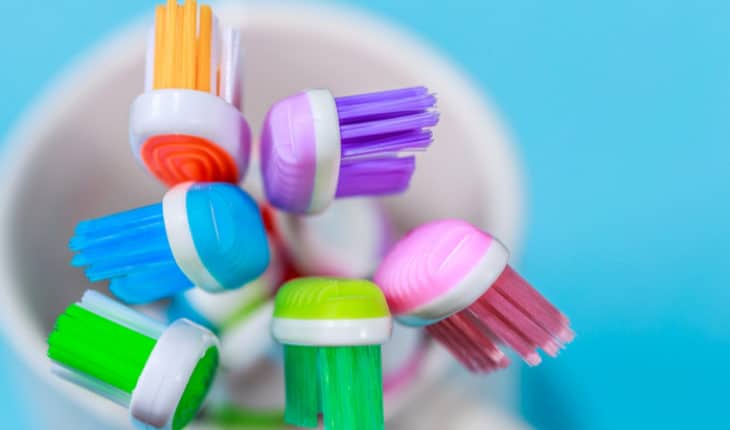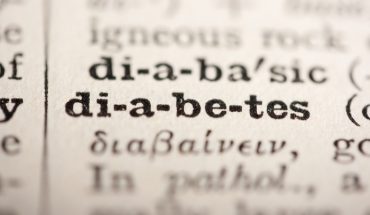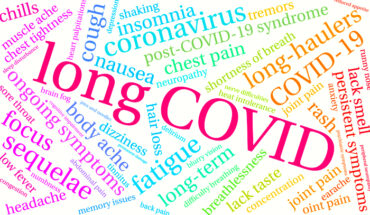Sharing toothbrushes and other ill-advised oral hygiene measures could play an influential role in spreading COVID-19, according to new research.
The latest study showed that sharing a toothbrush, toothpaste, the same container for the brush and not changing the brush after the viral process, are all possible routes of cross-contamination of coronavirus.
The investigation monitored hundreds of families over the course of 15 days and found over half (55%) of COVID-positive people who share a toothbrush passed the virus onto other family members in the household.
Latest figures collected by the charity show that around one-in-four (26%) Brits are openly willing the share their toothbrush with others.
Dr Nigel Carter OBE, Chief Executive of the Oral Health Foundation, believes oral hygiene habits like sharing toothbrushes are linked to the transmission of many diseases and should be discouraged.
Dr Carter says: “There are many hundreds of different bacteria and viruses in our mouths and those sharing a toothbrush could be passing these on to others.
“While this might be something relatively harmless, such as a common cold or cold sore, if the person you are sharing with is infected with hepatitis B, HIV and now coronavirus, these could also be passed on via the toothbrush, with severe health consequences.”
In addition to sharing a toothbrush, the research published in BMC Oral Health, discovered an even greater risk for families leaving their toothbrushes in the same container. Two-in-three (66%) people who tested positive for coronavirus and who share a toothbrush container with family members, passed the virus on to them.
Further findings showed the same tube of toothpaste should also not be used between members of the same family, as this is another way of facilitating cross-contamination. Households with a COVID-positive member increase their risk of spreading the virus by almost a third (30%) if they share the same tube of toothpaste.
The study also found that people who disinfect their brush in an antibacterial mouthwash reduce their chances of passing the virus onto family members in the household by more than a third (39%).
“Storing toothbrushes in the same container has always been a bad idea, but today this separation has become a real necessity,” adds Dr Carter. “This is especially important if a person has the virus without the symptoms, as they could be unknowingly spreading the virus to loved ones.
“It is important to store your toothbrush away from others, in a dry place and with the brush head pointing upwards. This allows the bristles to dry faster and hinders the spread of any virus or bacteria that may be lingering on the brush. If you know you are infected, soaking your brush in an antibacterial mouthwash after brushing could also help kill any bacteria and viruses on the toothbrush.”
In the same investigation, more than half (54%) of those who did not change their toothbrush after being tested positive for COVID-19, passed the virus on to other people in their household.
The Oral Health Foundation usually recommends changing your toothbrush or brush head every three months, or when the bristles become worn. The charity is now advising anybody who has had coronavirus, or symptoms of the virus, to change their toothbrush.
Dr Carter says: “As a population we are taking unprecedented measures, both personally and professionally, to reduce the spread of coronavirus. Changing the toothbrush, along with other simple oral hygiene actions, are relatively easy steps you can take to reduce possible spread of the COVID-19.”
The study also found that tongue cleaning was the most effective oral hygiene habit in reducing the spread of the virus.
The paper noted that mouth is an early target of infection for COVID-19, especially the tongue, which is a great reservoir of viral germs.
The authors of the study believe that if effectively implemented, hygiene in the home and in daily life has the potential to reduce infection rates and antibiotic consumption.
Tooth brushing, interdental cleaning and tongue cleaning are all deemed essential in order to reduce the presence of the virus in the mouth.
- New lipid-based pathway discovered as key to memory formation - 25th June 2025
- Crucial link could explain how Alzheimer’s takes hold - 25th June 2025
- Understanding Your Mind Can Improve Daily Life - 25th June 2025






